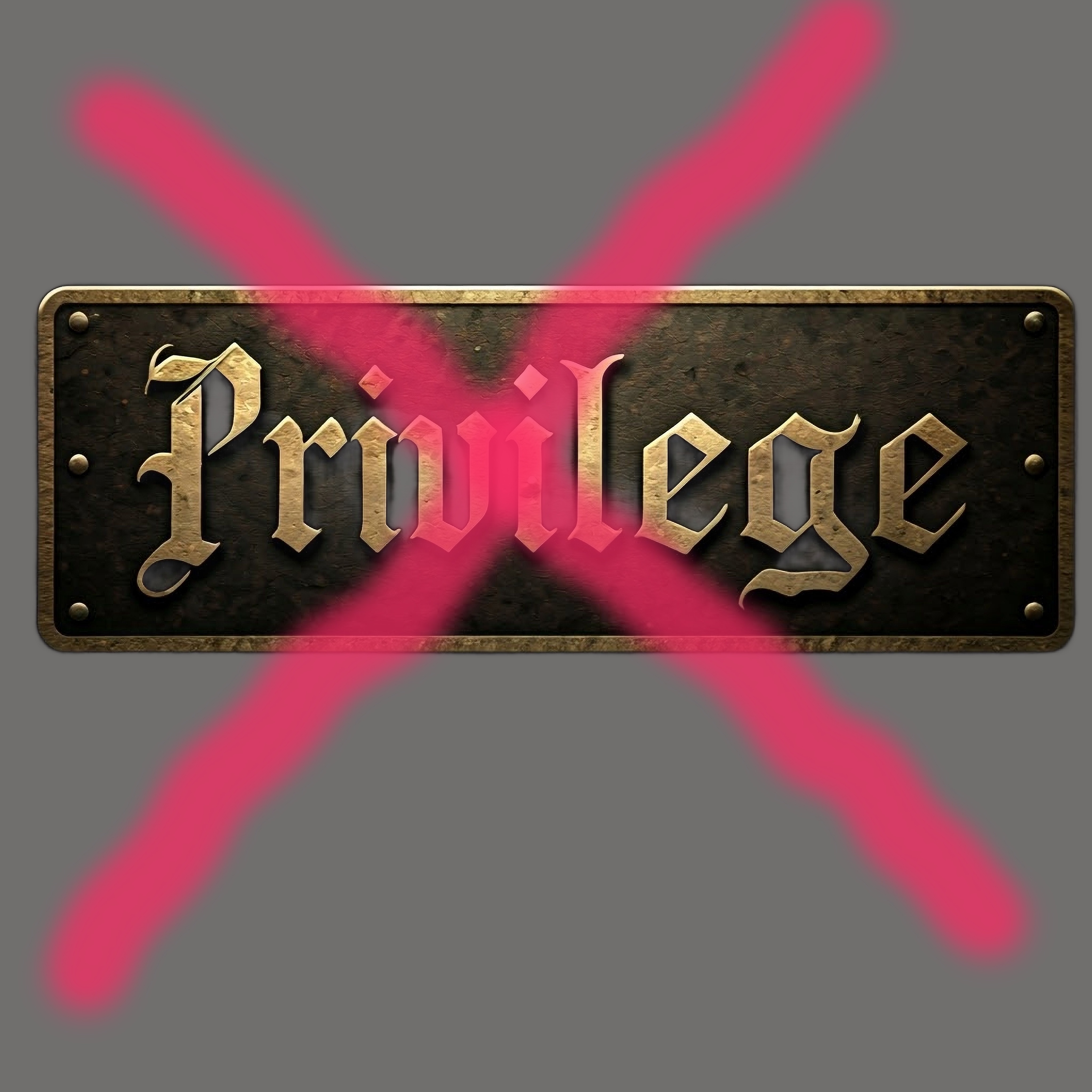By Leslie King O’Neal
What Happens in Settlement Conferences May Not Stay There

What happens in Vegas may stay in Vegas, but that’s not necessarily the case regarding what’s said or used in settlement conferences. Understanding the limits on privilege for settlement communications and materials helps counsel avoid unpleasant consequences.
In Warrington v. Patel [i] the trial court ordered a non-testifying expert’s PowerPoint presentation used in a settlement conference produced to the defendant, overruling “work product privilege,” relevance, “litigation privilege,” and “settlement privilege” objections. The court noted that the facts in this hotly contested shareholder case are not typical.
The court denied a previous request to produce the PowerPoint because the parties agreed to secrecy as a condition of the settlement conference. However, that ruling came before the PowerPoint was connected to the counterclaim for breach of fiduciary duty.[ii]
When defendant asserted the PowerPoint outlined plaintiff’s allegedly improper financial transactions and allegedly included an extortion threat, the court found it relevant and reversed its prior order.
“Work Product Privilege” Waived; No “Settlement Privilege” Applicable
The court rejected Warrington’s argument that “work product privilege” protected the non-testifying expert’s PowerPoint from discovery, finding he waived the privilege by revealing the PowerPoint to defendant during the settlement conference. The fact that disclosure occurred during settlement discissions was not dispositive because the Eleventh Circuit has not endorsed a “settlement privilege.”[iii]
Extent of Florida’s “Litigation Privilege” is Unsettled
The court also held that Florida’s “litigation privilege” for acts occurring during a judicial proceeding [iv] did not protect the PowerPoint from discovery. The court said, “the Florida Supreme Court has never addressed whether statements during a settlement conference occur ‘during a judicial proceeding’ and thus trigger absolute immunity, or if they fall into the qualified privilege bucket.”[v] Until the Florida Supreme Court decides this issue, Florida attorneys cannot assume all statements in settlement conferences have absolute immunity.
Court Not Bound by Parties’ Secrecy Agreement
Even though the parties agreed to secrecy as a condition of the settlement meeting (and the court agreed the meeting was confidential), the court declined to extend the secrecy agreement to shield the alleged tortious conduct from discovery. Courts have broad discretion regarding discovery and they are not necessarily bound by parties’ confidentiality agreements. See Soligenix v. Emergent Product Development Gaithersburg, Inc. et al. (CA No: 2022-0880-PAF, Delaware Chancery Court).[vi]
FRE 408 Provides Limited Protection Regarding Discovery
It is widely thought that FRE 408 protects all settlement communications. However, a construction dispute from Georgia, United States ex rel. Cleveland Constr., Inc. v. Stellar Grp., Inc.,[vii] highlights that FRE 408 governs admissibility of settlement offers in evidence and does not protect settlement information from discovery.
Subcontractor Seeks Settlement Materials Between General Contractor and Architect
Cleveland Construction, Inc. ( “Cleveland”) was a subcontractor to Stellar Group, Inc. (“Stellar”), the general contractor. Stellar blamed Cleveland for project delays and did not pay Cleveland all it claimed was owed. Denying responsibility for the delays, Cleveland sued Stellar for non-payment. Cleveland requested production of communications related to settlement discussions between Stellar and VOA Associates (“VOA”), the project architect. Stellar moved for a protective order, asserting the settlement materials were protected, even though VOA was not a party to the Cleveland litigation. Cleveland asserted the communications were relevant because they might show Stellar and its expert claimed VOA was responsible for project delays, contradicting Stellar’s claim against Cleveland.
FRE 408 Does Not Govern Privilege from Discovery
The court noted that, in civil cases, Rule 501 FRE holds state law governs privilege regarding a claim or defense for which state law supplies the rule of decision. The Cleveland court noted that neither the Eleventh Circuit nor any Georgia appellate court recognized a “settlement privilege.”
Stellar argued the communications should be protected based upon the principles underlying Federal Rule of Evidence 408. Rule 408 governs whether evidence is admissible at trial, not whether it is privileged in discovery. Rule 408 excludes compromise offers and negotiations related to disputed claims between the parties to the action, not a disputed claim between one party to the action and a non-party. The Court denied Stellar’s Motion for Protective Order, finding the requested materials were relevant and non-privileged.
Takeaways
These cases highlight that current law in some states provides less protection for “settlement discussions” than one might expect. Counsel should be cautious about what information is shared in such discussions. As Cleveland shows, most federal circuits do not recognize a “settlement privilege.” FRE 408 governs admissibility of evidence, not whether settlement discussions are discoverable. Also, FRE 408 does not apply to non-parties seeking settlement information. While Warrington involves unusual facts, it teaches that showing materials in a settlement presentation may waive work product privilege and the law regarding Florida’s litigation privilege is unsettled. While courts may not be bound by parties’ confidentiality agreements, it is good practice to have such an agreement signed by all participants prior to any settlement discussion. This should include non-parties, such as consultants, insurance representatives, and experts. As always, it’s important to check local laws and rules governing confidentiality before engaging in settlement discussions.
[i] Warrington v. Patel, (Case No: 2:22-cv-77-JES-KCD, M.D. FL Order dated 2/26/24. Warrington v. Patel, 2:22-cv-77-JES-KCD | Casetext Search + Citator
This post focuses on “settlement privilege” and not “mediation privilege” Future posts will discuss the extent of “mediation privilege.”
[ii] The counterclaim alleges Warrington, “breached his fiduciary duty to the Company by threatening to release information damaging to the Company and its reputation, solely in order to enhance leverage for a[n]outsized purchase of his minority position.” Defendant argued the “presentation slides provide contemporaneous evidence of the facts underlying the Company’s breach of fiduciary duty counterclaim.”
[iii] Citing Doe v. United States, 749 F.3d 999 (11th Cir. 2014) (holding no privilege prevents disclosure of criminal plea negotiations and declining to recognize a common law privilege for plea negotiations). Doe v. United States, 749 F.3d 999 | Casetext Search + Citator.
Only the Sixth Circuit has recognized a settlement privilege, Goodyear Tire Rubber v. Chiles Power Supply, 332 F.3d 976 (6th Cir. 2003) Goodyear Tire Rubber v. Chiles Power Supply, 332 F.3d 976 | Casetext Search + Citator. The Sixth Circuit noted that FRE 408 only prevents using settlement communications to prove or disprove the validity or amount of a disputed claim but does not require exclusion where they are offered for another purpose, such as proving witness bias. Other courts have not recognized a settlement privilege. See In re MSTG, Inc., 675 F.3d 1337, 1342-48 (Fed. Cir. 2012) (declining to recognize such a privilege for a patent holder’s settlements with other alleged infringers); In re Gen. Motors Corp. Engine Interchange Litig., 594 F.2d 1106, 1124 n.20 (7th Cir. 1979) (declining to recognize such a privilege).
[iv] Florida recognizes an absolute litigation privilege for acts occurring during a judicial proceeding, so long as the act has some relation to the proceeding, Echevarria et al. v. Cole, 950 So.3d 380 (Fla. 2007). Echevarria, v. Cole, 950 So. 2d 380 | Casetext Search + Citator
[v] The court stated, “At bottom, Florida law is unsettled on whether Warrington enjoys absolute immunity for his conduct during the settlement conference.”
[vi] See previous post: Confidentiality in arbitration–and afterward (9/6/24) for more discussion about courts and confidentiality agreements.
[vii] CASE NO. 4:16-CV-179(CDL) (M.D. Ga. Oct. 23, 2017) United States ex rel. Cleveland Constr., Inc. v. Stellar Grp., Inc., CASE NO. 4:16-CV-179(CDL) | Casetext Search + Citator
